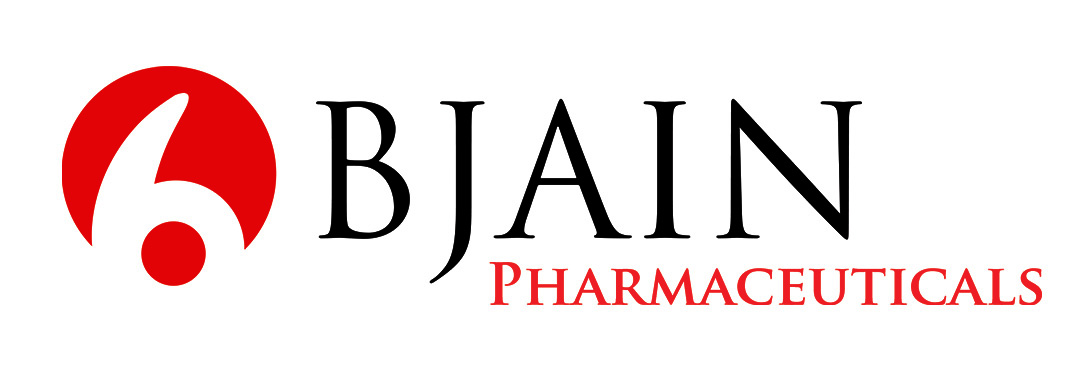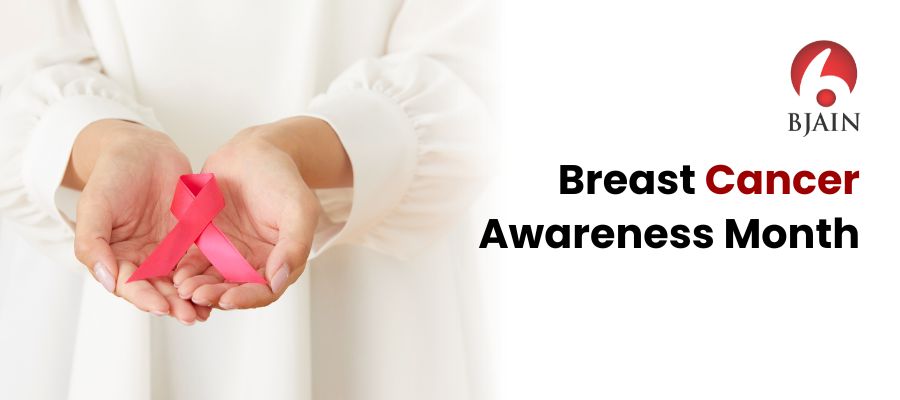October is breast cancer awareness month. Breast cancer is one of the most common variant of cancer among women. It is quite prevalent among women accounting for 27 to 32% of all new cancer related to women. Cancer word alone creates a sense of discomfort for everyone who hears it. Torment of one who is bearing is unbearable. Few simple steps can save from excruciating pain and trauma. The goal of observing Breast Cancer Awareness month is to create awareness related to early detection. Treatment is far easier when detected early.
This year’s theme is Every Story is Unique, Every Journey Matters.
Who is at Risk?
Having a risk factor is something that increases the likelihood of developing breast cancer. However, having one or more risk factors does not guarantee you will get breast cancer. Many women who acquire breast cancer do not have any identified risk factors.
Genetic changes handed down through generations are responsible for around 5 to 10% of breast cancers. The most well-known inherited mutant genes that potentially raise the risk of developing breast cancer are gene 1 (BRCA1) and gene 2 (BRCA2), which both greatly increase the risk of breast and ovarian cancer.
If you have a significant family history of breast cancer or other malignancies, talk to your physician. He or she may offer a blood test to discover particular mutations in BRCA or any other genes that are handed down via your family.
Other risk factors for breast cancer are:
Increasing Age
Possibility of breast cancer grows as you get older.
A Previous Record of Breast Condition
If you have a breast biopsy that detected lobular tumors in situ (LCIS) or unusual hyperplasia of the breast, you have an elevated chance of breast cancer.
Individual History of Breast Cancer
Breast cancer in one breast increases the chance of acquiring cancer in the other breast.
Family history of breast cancer.
If your mother, sister, or daughter has been detected as having breast cancer, particularly at an early age, your risk increases.
Radiation Toxicity
If you got radiation therapy to your chest area as a kid or teenager, your chance of breast cancer has increased.
Obesity
Obesity and overweight raise the possibility of breast cancer. With increased body fat, your body accumulates more estrogen, which promotes tumor growth. Keep a healthy weight through physical activity and a well-balanced diet.
Early period or late menopause.
Breast cancer is more likely if you start your period young (before the age of 12) and go through menopause later in life (after the age of 55). A woman’s ongoing sensitivity to the hormones estrogen and progesterone increases as she menstruates for longer periods. Higher lifetime estrogen exposure is associated with an increased risk of breast cancer.
Never carried a pregnancy.
Women who never got pregnant are more likely to get breast cancer than those who have gone through one or multiple pregnancies.
Drinking alcohol.
Drinking alcohol raises the chance of breast cancer. The danger rises with the quantities of alcohol ingested. The way alcohol is absorbed in a female’s body may boost estrogen levels in her body, raising the risk.
Being Physically Inactive
Daily exercise decreases the incidence of breast cancer, particularly in postmenopausal women.
Smoking
Smoking raises the chance of at least 15 malignancies, including breast cancer. Women who smoke have a higher risk of developing breast cancer than nonsmokers. Long-term contact with secondhand smoking may further raise the risk.
How can you detect breast cancer early?
Screening is the most effective strategy to protect yourself from breast cancer. It cannot help prevent cancer, however it can help detect it early, making treatment simpler and less intrusive.
Breast Self Awareness
It is critical to examine yourself on a frequent basis so that any changes may be identified quickly. Remember to inspect your breasts, armpits, and collarbone.
Examine once a month, one week following your menstruation, after the age of twenty.
Clinical Breast Examination
A nurse or physician will do an examination of both breasts and lymph nodes in the armpits. Recommended every three years between ages 20 and 30, and every year beyond 40.
Mammography
A diagnostic x-ray of the breast can detect cancer if it is too tiny to feel. To be done beyond the age of 45, on the recommendation of a doctor and depending on individual risk factors. If an anomaly is discovered, the doctor may suggest a diagnostic mammography for additional testing.
Frequently Asked Questions (FAQs)
Q 1. What are the first signs of breast cancer?
Answer – A new mass or enlargement in the breast or under armpits, changes in the breast’s size or form, skin puckering or dimpling, nipple discharge (particularly if bloody), and ongoing discomfort are all early indicators of breast cancer. Peeling skin on the breast or surrounding the nipple, a nipple turning inside (retraction), or discomfort or inflammation of the breast skin are other symptoms.
Q 2. What is the main cause of breast cancer?
Answer – Uncontrollably growing and dividing breast cells are the result of a complex interplay between genetic, hormonal, behavioral, and environmental variables that causes breast cancer. The main causes include aging, lifestyle decisions like smoking, binge drinking, and obesity, long-term use of hormones like estrogen, and inherited genetic abnormalities like those in the BRCA1 and BRCA2 genes.
Q 3. How does breast cancer change you?
Answer – Although breast cancer can present numerous practical, psychological, and physical difficulties, there is help available. Treatment for breast cancer may result in early menopause, baldness, bodily changes, or decreased fertility. Over the past few decades, there has been dramatic improvement in breast cancer treatment and chances of survival.

Dr Kiran Swami
Dr. Kiran Swami, BHMS, MD (Hom.), a Research Officer at BJain Pharmaceuticals Pvt. Ltd., holds degrees from Nehru Homeopathic Medical College, Delhi, and Dr. Sarvepalli Radhakrishnan Rajasthan Ayurved University, Jodhpur. With expertise in homeopathy and a passion for research, she drives innovation in holistic healthcare solutions.


